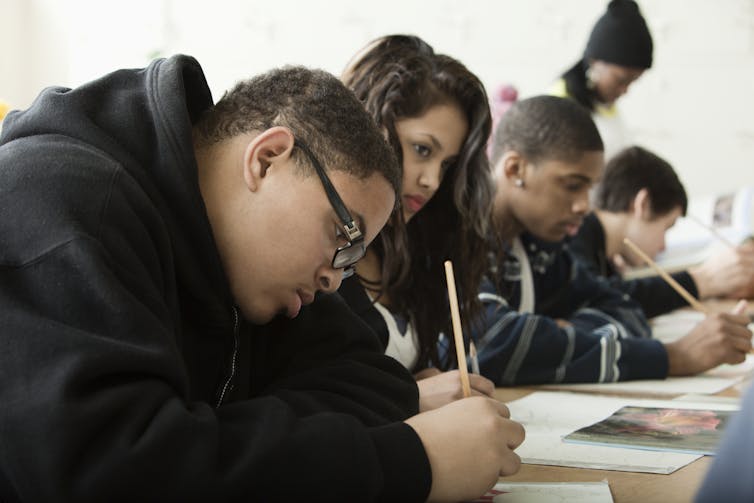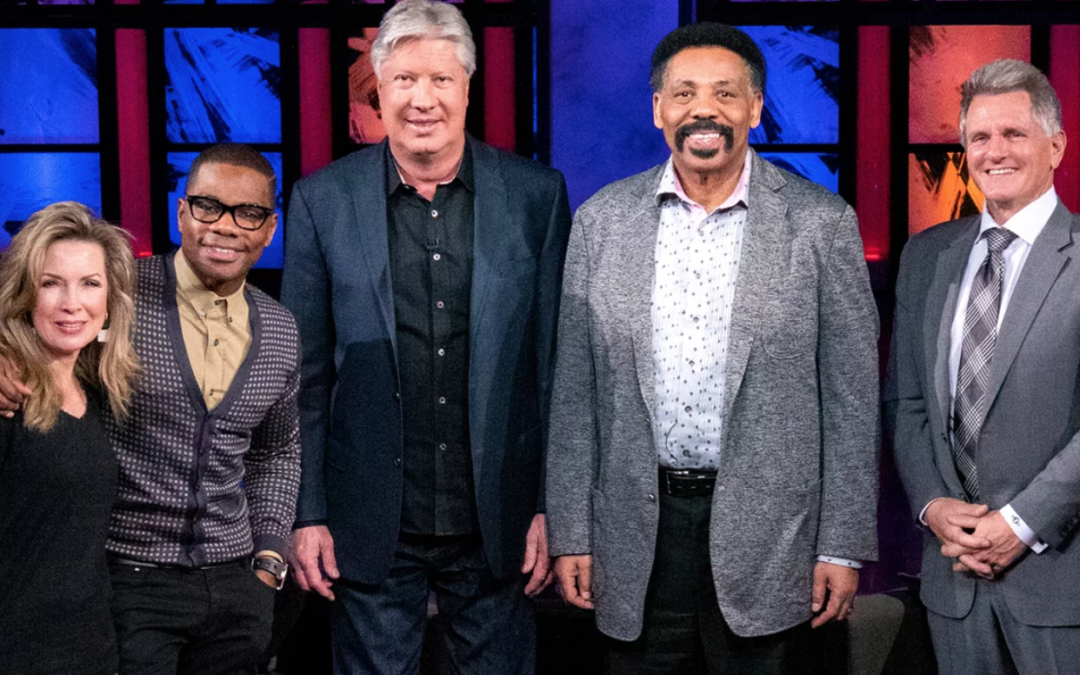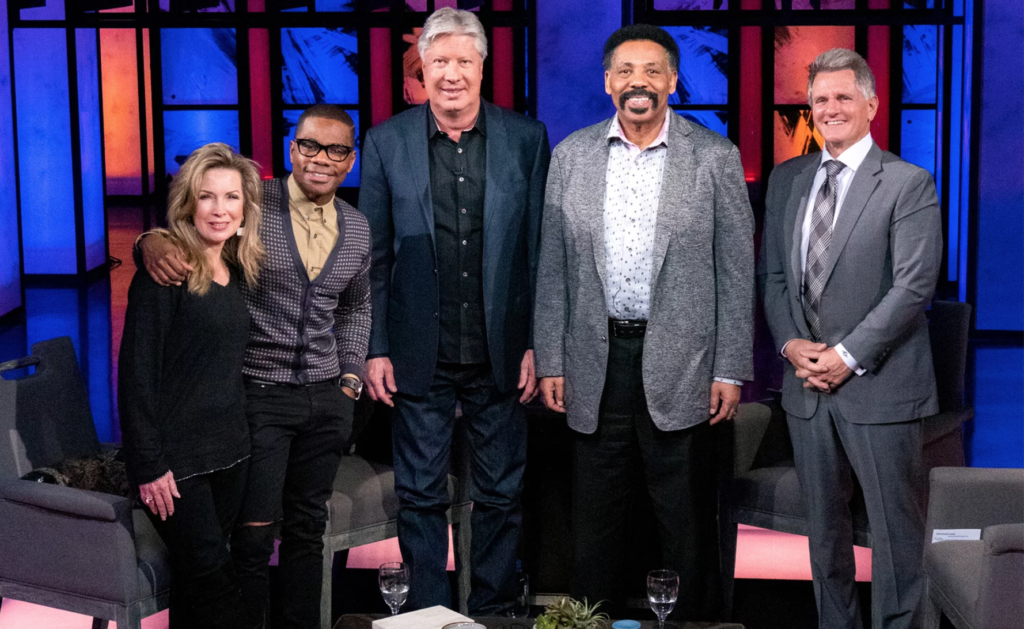
Tech-Based Health Program Brings Our Kids, Parents Together

Getty Images / Klaus Vedfelt
The mere act of growing up brings special challenges to young African Americans, particularly those living in rural areas. Resources there are often limited, compared to what’s offered in the city. There’s more chronic poverty and economic stress, and less of almost everything else: employment opportunities, public transportation, recreational facilities, families with discretionary income, and health care, both physical and mental.
There are bright spots, however, as I’ve learned from over 20 years of research. One was the caregiving practices of many African American families. That nurturing has helped their children avoid major problems, including behaviors that place them at risk for HIV/AIDS and unplanned pregnancies.
With that in mind, I developed the Strong African American Families Program (SAAF) in 2000. Its purpose was to bolster positive parenting and promote competence and good decision-making among youth. Most of all, we wanted the program to dissuade young people from early sexual engagement, drug use and drinking. We tested its effectiveness with 677 families recruited from nine counties in rural Georgia. All of the families had at least one thing in common: each had an 11-year-old child.
I can report that SAAF effectively steered those young people from risky behaviors from middle childhood through young adulthood. And the primary reason for the positive outcomes was our support of those very strengths already present in those African American communities.
How it works
The program fostered “involved-vigilant parenting practices.” Sessions brought families together to discuss norms and values, while developing solutions regarding behavior and risk. Children need to think about the consequences of their behavior; parents need to know their child’s whereabouts and friends, and the places in the community to avoid. Mutual problem-solving and increased monitoring was emphasized, and young people were encouraged to honor their racial heritage and embrace optimism.
The success of SAAF led me to consider ways to increase accessibility of the program. Sometimes, there are logistical issues, such as transportation and work conflicts, when delivering programs that take families from home into a community setting. Using technology, we thought, might be one possible solution; it offers a “whenever-wherever” approach for families to access the program information at their convenience.
So I developed another program – Pathways for African American Success (PAAS) – to test what was best: Should youth and their caregivers receive the information through technology that was self-directed, without human interaction to guide them through the program? Through print materials (booklets, brochures and informational sheets) mailed to them? Or as part of a small group led by facilitators? More than 400 African American families participated.

Getty Images/Hill Street Studios
Less drinking, drug use and sexual activity
Parents who received the PAAS program through small group settings and technology reported positive changes. Youth who used PAAS through technology alone were more likely to delay sexual onset, and avoid friends who were drinking or sexually active. Indeed, risk-avoidant behaviors lasted longest for those receiving PAAS through the tech-based platform. Discussions about puberty, peer pressure, bullying and racial slurs were easier to talk about, for both young people and their parents or caregivers. Notably, those positive changes did not occur for those who received materials mailed to their homes.
What’s more, the data showed the SAAF and PAAS programs produced changes beyond slowing or stopping alcohol, drug and sexual activity among youth. Among the spillover effects: increased skills in child rearing among caregivers and reduced symptoms of depression. Which makes sense – witnessing positive changes in your child creates good feelings that improve mental health.
PAAS and SAAF also prevented young people from disruptive and delinquent behaviors, increased academic aspiration, encouraged friendships with academically oriented peers, and improved school bonding. Collectively, those new behaviors enhanced the likelihood that the children would graduate high school.
These are only the first steps. Other intervention programs, also drawing on the strengths of African American families, hold great promise for creating change. There is enormous potential to address the disparities disproportionately impacting African Americans: HIV/AIDS, teen pregnancy, mental health, juvenile justice and the widening academic gap. With these two studies, I’m hopeful that technology is one answer to providing effective, evidence-based prevention programs to American citizens who need it the most.
Velma McBride Murry, University Professor, Departments of Health Policy and Human & Organizational Development, Vanderbilt University
This article is republished from The Conversation under a Creative Commons license. Read the original article.


